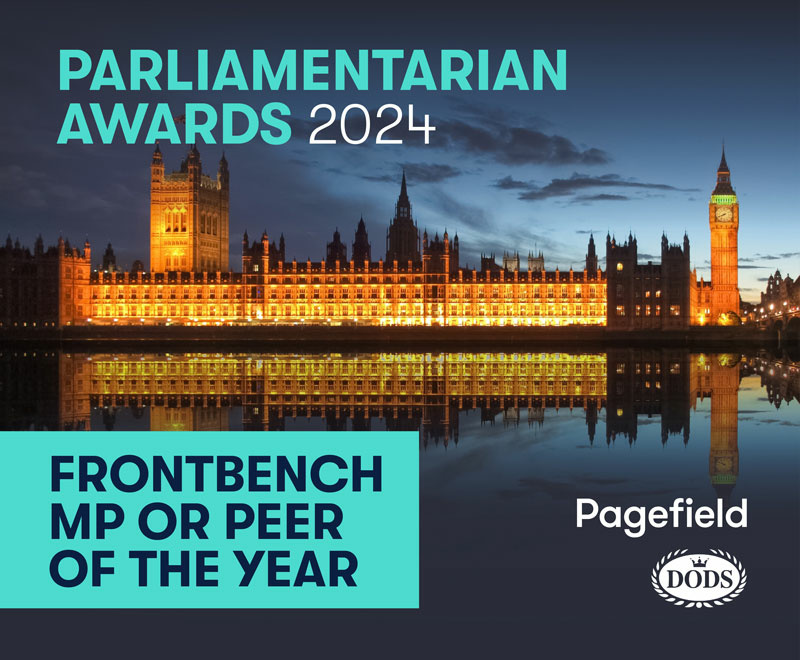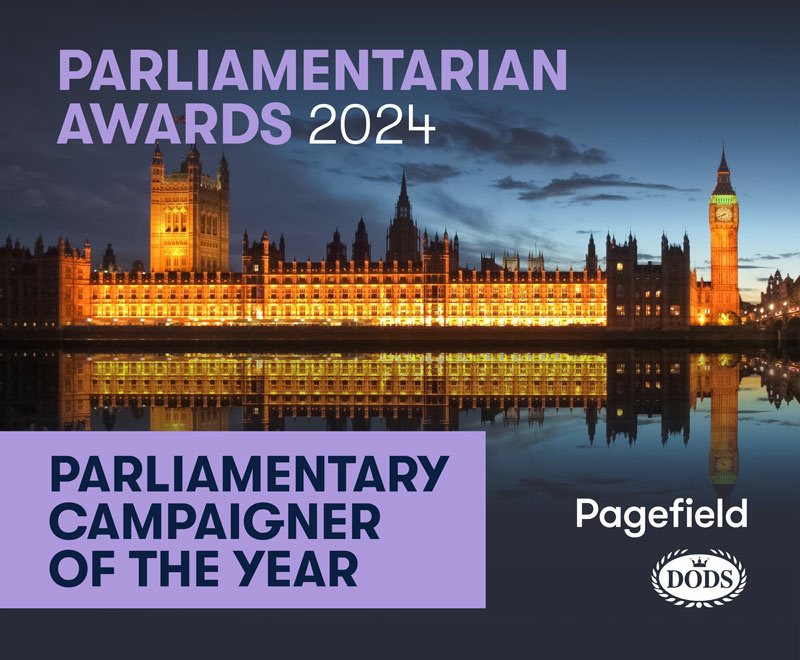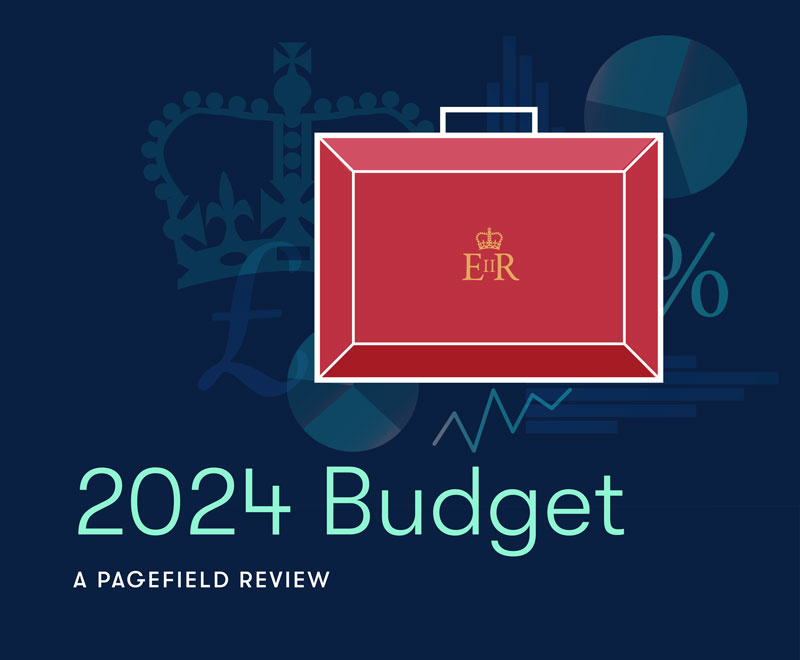Pagefield has hosted a discussion with Chris Philp MP, the Minister for Tech and the Digital Economy, about the upcoming Online Safety Bill, as well as other matters relating to his Ministerial brief. Here are five key points that emerged:
Innovation is at the heart of the Government’s long-term economic plan
The Government sees science and innovation as being the key drivers of growth for the UK economy, and it will be the centrepiece of any long-term economic strategy.
Although we have heard members of the Government, particularly the Prime Minister, express their enthusiasm for science and innovation in the past, Minister Philp indicated that innovation would play a much more central role in the months and years to come, pointing to large announcements later this year at the Budget, and an upcoming Digital Strategy later this summer.
This seems to indicate that both No 10 and No 11 are betting on investment in science, R&D, and innovation, as key to addressing Britain’s chronically anaemic productivity growth which has remained sluggish since the 2008 financial crisis.
Betting on science and innovation reflects signals made from the Treasury in recent months, following its reversal of corporation tax cuts, alongside the announcement at the Spring Statement that the Treasury would be consulting on what policies the Government could implement to help boost private-sector investment and boost productivity.
We should therefore expect much more on science, data, digital, and innovation in the run up to the Autumn Budget.
‘Legal but harmful’ remains a key sticking point of the Online Safety Bill
Although there was a great deal of consensus about the provisions in the Bill which concern banning content which is harmful to children, promotes terrorism, or promotes illegality, the main sticking point in the Bill appears to be content which is legal but may be considered harmful to users online. This could include, for example, instances of discrimination, such as racism, misogyny, and antisemitism.
This content, dubbed ‘legal but harmful’, is proving to be controversial as on the one hand restricting it could violate the principle of free speech, whilst on the other hand doing nothing could prove distressing and unpleasant to online users, particularly those from marginalised groups.
This debate has already been rumbling in the background, particularly on the Tory benches, and although Philp acknowledged that he was mindful of maintaining a balance between the two extremes of no regulation in this area, and too much, he committed to pressing forward in this area. As it stands, the Bill doesn’t currently require companies to remove this content, yet there has been a great deal of misunderstanding regarding this point with the public and policymakers.
With Conservative backbenchers becoming increasingly restless in the wake of the Partygate scandal and the Party’s poor performance in last week’s local elections, it is very easy to see how divisions in this area of the Bill could quickly escalate into yet another large confrontation between rebel backbenchers and the Government. Given the Prime Minister’s relatively weak position now, in contrast to his perceived supremacy back in December 2019, this could be a hill the Government does not want to die on.
The Conservatives are still eager to de-regulate
Despite the new regulatory hurdles put in place by the Bill, the Conservatives still see themselves as the Party of de-regulation and cutting red-tape. Philp emphasised that alongside the Online Safety Bill, the Government would also seek to relax GDPR rules which he admitted had become a costly burden to many businesses.
Building upon the theme of encouraging innovation and growth, Philp claimed that the Government were constantly looking for new areas to relax the burden of regulation on businesses in order to promote innovation. In fact, he recognised that in certain areas regulation had gone too far.
This would seem to indicate that the Tories are keen to de-regulate where they can, amid accusations that the Party has been introducing too many new regulations and laws.
Keen to flaunt the benefits of Brexit, relaxing costly and unpopular regulations, such as GDPR, may become a feature of the Government’s agenda as we move closer to the next general election.
The Online Harms Bill is a chance for the Government to lead the world in online regulation
The Government views The Online Harms Bill as a chance for Britain to lead the world on online regulation. Governments across the world have historically been slow to regulate online spaces, particularly big tech firms such as Meta and Alphabet, the owners of Facebook and Google respectively.
By providing a model of how government can successfully regulate and ‘tame’ these titans of Silicon Valley, the Tories are hoping to show off their post-Brexit credentials by setting a global regulatory standard which can be adopted by other jurisdictions, such as the EU or the USA.
Philp described this as regulating to remain competitive. Or rather, regulating before the EU or USA so that the UK isn’t compelled to follow in their footsteps.
Protecting privacy and promoting innovation is proving to be a tough balancing act
The right to privacy and support of business and enterprise are two distinctly Conservative ideals.
So something revealing was the persistent tension between the aspirations of innovation and the ideals of privacy, as the need to respect people’s privacy seemed to contradict the Government’s desire to promote more tech investment.
Philp seemed to acknowledge the difficulty of walking the tight rope between privacy and innovation but said that this balancing act informed all of the Department’s decision-making.
With the Government keen to boost investment in Britain, particularly in the tech sector, it will be interesting to see to what extent they are willing to sacrifice protections in this area.




